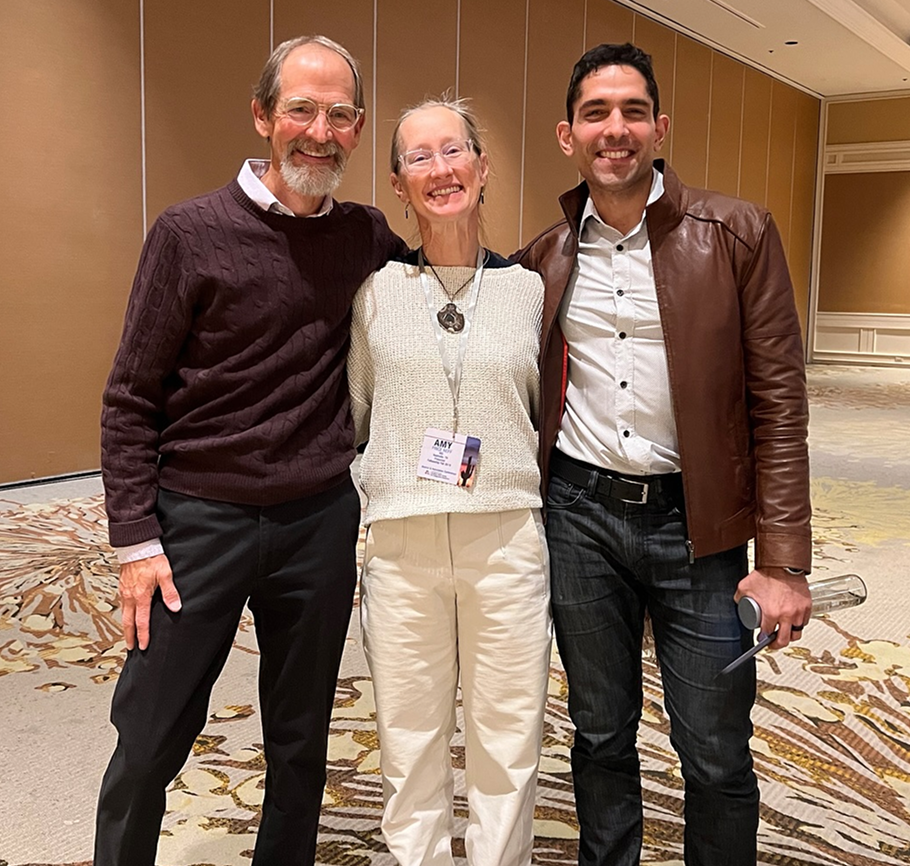Whole-Person Health, Designed Around You
At MindStream, we offer integrative medicine that’s personalized, empowering, and rooted in partnership
Learn More
Membership
Join our membership program for personalized access, priority scheduling, and whole-person care.
Meet Your Team
Get matched with a dedicated, collaborative, care team focused on your unique needs and goals.
Start Your Journey
Together, we’ll create a personalized tailored plan for healing, prevention, and long-term vitality.
Your Partner in Integrative Primary Care

We’re not just a clinic—we’re your healthcare team, wellness hub, and support system. We combine deep clinical knowledge with a relationship-driven, concierge-level model of care, ensuring you receive personalized attention and comprehensive support every single step of the way, making your health our top priority.
-
We deliver comprehensive primary care through annual physicals, sick visits, and preventive health screenings, all with an integrative approach and tailored to your unique health needs.
-
Our therapies are research-backed, using advanced testing and evidence-informed approaches for effective care.
-
Your health journey deserves a team that’s on the same page. At MindStream, our providers, fitness coaches, mental health professionals, and chiropractic team collaborate to support every part of your well-being—so nothing falls through the cracks.
Explore Our Comprehensive Care Services
If you're ready for a fresh approach—whether it's to heal, recharge, or thrive—we offer integrative care designed around you, rooted in both evidence and the art of whole-person healing.
-
Integrative Medicine
Our signature approach combines high quality medical care with evidence based complimentary therapies to support your whole health.
Learn More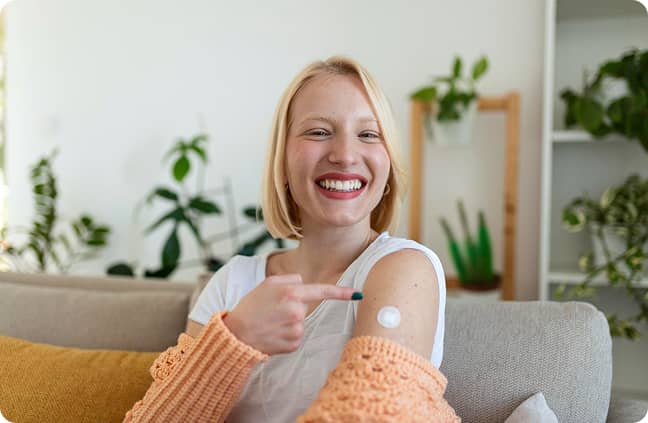
-
Mental Healthcare
We offer support through medication management, therapy, assessments, and alternative modalities.
Learn More
-
Integrative Oncology
Personalized treatments to support whole body health for patients on a cancer journey.
Learn More
-
Health Coaching
Personal training and group classes to enhance well-being, support metabolic health, and build community.
Learn More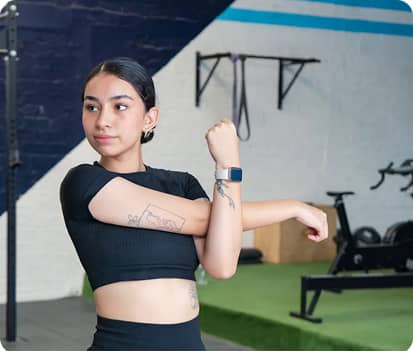
-
Movement
Engaging in movement enhances well-being, alleviates discomfort, and promotes body harmony.
Learn More
-
Other Wellness Services
Explore unique wellness services that rejuvenate your body and mind holistically.
Learn More
Let’s Redefine Wellness
Ready for a new kind of care? Join a community that believes in treating the whole you—rooted in science, compassion, and partnership.
Your Health Journey At Mindstream
- 01
Pre-Visit Intake: Complete your intake forms and share any recent lab results or medical records. This allows your provider to review your history ahead of your first visit.
- 02
Initial Visit: Meet with your provider to discuss your health history, set goals, and determine which lab work or functional medicine testing may be helpful.
- 03
Testing & Data Collection: Complete any recommended lab work, imaging, or specialty testing to gather a full picture of your health.
- 04
First Follow-Up Visit: Review your results with your provider and receive a personalized plan to help you move toward your health goals.
- 05
(Optional) Health Coach Check-In: Connect with a health coach to support your progress, refine your nutrition and lifestyle strategies, and stay accountable.
- 06
Second Follow-Up Visit: Reconnect with your provider in 3–6 months (or sooner) to recheck labs, assess progress, and adjust your plan as needed.
Our Patient Reviews
-
MindStream has been a complete game changer for me. I’ve never experienced healthcare that was so effective yet so delightful, accessible, and caring. In my first visit I gained several insights that lead to unbelievable improvements in my quality of life. I cannot recommend them enough.
-
My wife and I have been with Dr. Neff for many years. She is absolutely the best. In my opinion, she has found the perfect balance between holistic and practical medicine. She is a big picture person who really cares, and takes the time to find out what's going on with us, physically and emotionally. We are grateful for her
-
Best in the business. They have an amazing staff, truly care and will do everything to help you feel your best. Can’t recommend enough!
Insights for Whole-Person Wellness
Stay informed on the latest in integrative medicine—from functional diagnostics and nutrition to emotional wellbeing, root-cause care, and more.
-
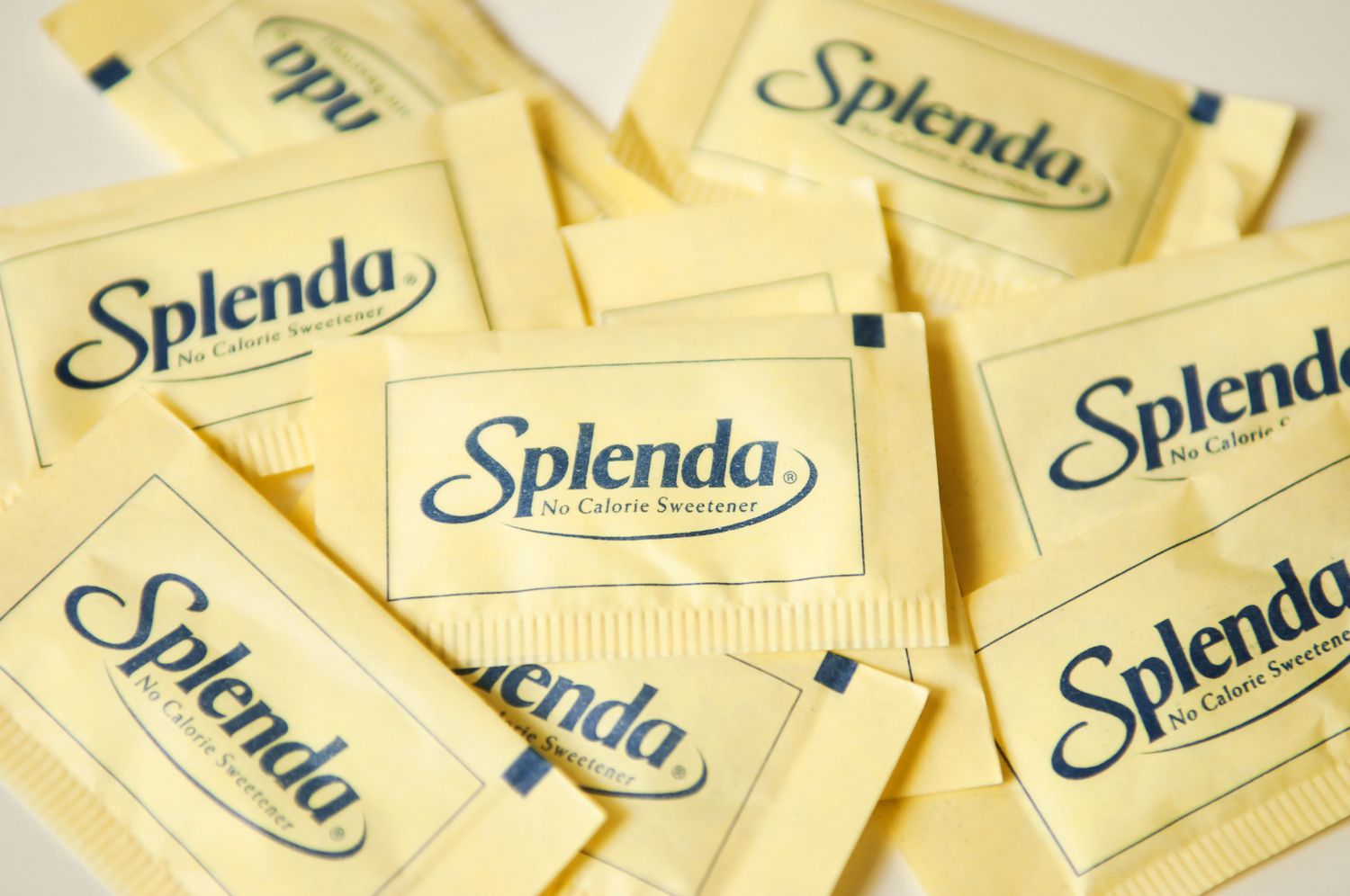 Integrative MedicineAug 12, 2025
Integrative MedicineAug 12, 2025Rethinking Artificial Sweeteners: The Hidden Risks of Sucralose and Artificial Sweeteners
-
 Integrative MedicineMar 12, 2025
Integrative MedicineMar 12, 2025Integrative Oncology at MindStream: A Personalized Approach to Cancer Care
-
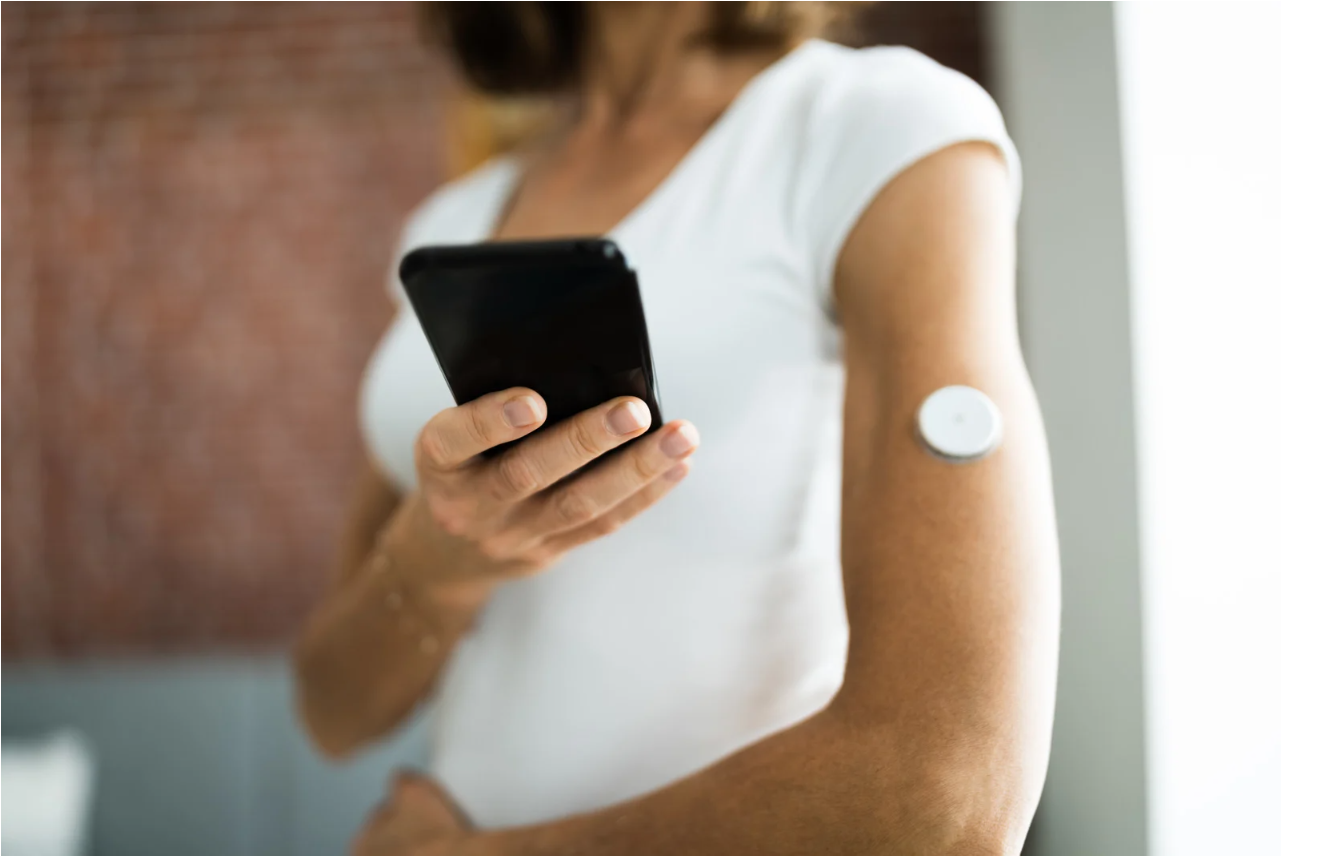 Integrative MedicineFeb 21, 2025
Integrative MedicineFeb 21, 2025How Continuous Glucose Monitoring (CGM) Can Help Identify & Improve Insulin Resistance
Join Our Wellness Circle
Receive expert tips and integrative health updates right in your inbox.




